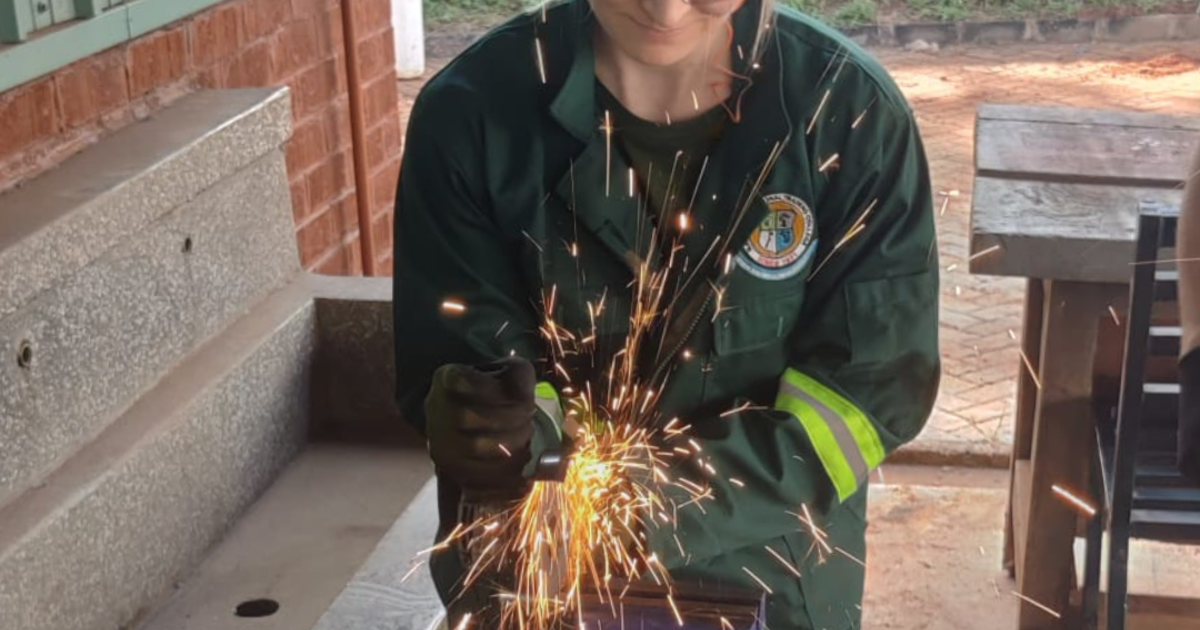Bakgrunn
Dette oppdraget er en del av det større SUWASO-prosjektet som har som mål å utvikle bærekraftige og helhetlige løsninger for avfallshåndtering i rurale og semi-urbane miljøer. Plastforurensningen i Mityana er alvorlig, og de eksisterende strukturene for håndtering av plastavfall er ineffektive. Uformelle innsamlere av plastavfall reiser rundt i byen for å kjøpe plastavfall i håp om å selge de mest verdifulle plasttypene til andre gjenvinnere til en litt høyere pris. Prosjektet har som mål å forbedre effektiviteten i håndtering av plastavfall ved å etablere en plastavfallsanlegg i Mityana og implementere tekniske løsninger som er skreddersydd for lokale behov. Dette anlegget vil øke effektiviteten og bærekraften for de som arbeider med plastavfall.
Human Brights er et ingeniørselskap som har som mål å forbedre den tekniske kvaliteten og ytelsen til humanitære prosjekter over hele verden.
Oppdraget
Formålet til oppdraget var å kartlegge ulike faktorer og utfordringer knyttet til utvikling av mer effektive og bærekraftige systemer for gjenvinning av plast i rurale områder i Afrika. Forskningsspørsmålet var "Hvordan kan innovasjon av forretningsmodeller og tilpasning av teknologi øke bærekraften i gjenvinning av plast i den uformelle avfallssektoren i rurale områder i Afrika?".
Forskningsspørsmålet ble utforsket gjennom en multippel komparativ casestudie. De tre casene var et plastresirkuleringsprosjekt i Uganda, Tanzania, og Mali. Det ble gjennoomført et feltopphold i Uganda der data ble samlet inn gjennom kvalitative intervjuer. Data for de to andre casene ble samlet gjennom kvalitative intervjuer med prosjektdeltakere og dokumentanalyse. Data ble analysert gjennom et rammeverk for innovasjon innen plastavfallshåndtering, som bygger på et rammeverk for ansvarlig forskning.
Resultatene fra analysen tyder på at teknologiske løsninger som er tilpasset lokale forhold, produksjonsmetoder og tilgjengelige ressurser kan resultere i en langsiktig løsning som øker potensialet for å lykkes med å skape økonomiske, miljømessige og sosiale verdier. Implementeringen bør kobles med en bærekraftig forretningsmodell for å sikre produksjon, levedyktighet og lønnsomhet. Avslutningsvis, rammeverket for innovasjon innen plastavfallshåndtering har vist seg å være et nyttig verktøy i utviklingen av teknologiske løsninger og forretningsmodeller for å sikre at de er egnet for lokale forhold.
Oppgaven i sin helhet kan lastes ned fra menyen til høyre
HVL student Alice Langseth has completed a "Master with Meaning" in the spring of 2023, in collaboration with IUG and Human Brights. Together with her mentor, Gard Sviggum, she conducted fieldwork in Uganda.
Background
This assignment is part of the larger SUWASO project, which aims to develop sustainable and comprehensive waste management solutions in rural and semi-urban environments. The plastic pollution in Mityana is severe, and the existing structures for plastic waste management are inefficient. Informal plastic waste collectors travel around the city to purchase plastic waste, hoping to sell the most valuable types of plastic to other recyclers at a slightly higher price. The project aims to enhance the efficiency of plastic waste management by establishing a plastic waste facility in Mityana and implementing technical solutions tailored to local needs. This facility will increase efficiency and sustainability for those working with plastic waste.
Mission
The purpose of the assignment was to identify various factors and challenges associated with developing more efficient and sustainable systems for plastic recycling in rural areas of Africa. The research question was, "How can business model innovation and technology adaptation increase the sustainability of plastic recycling in the informal waste sector in rural areas of Africa?".
The research question was explored through a multiple comparative case study. The three cases were a plastic recycling project in Uganda, Tanzania, and Mali. A field stay was conducted in Uganda, where data was collected through qualitative interviews. Data for the other two cases were gathered through qualitative interviews with project participants and document analysis. The data were analyzed using a framework for plastic waste management innovation, based on a framework for responsible research.
The results of the analysis suggest that technological solutions tailored to local conditions, production methods, and available resources can result in a long-term solution that enhances the potential for creating economic, environmental, and social value. Implementation should be coupled with a sustainable business model to ensure production, viability, and profitability. In conclusion, the framework for plastic waste management innovation has proven to be a useful tool in the development of technological solutions and business models to ensure their suitability for local conditions.
The thesis can be downloaded from the menu to the right


